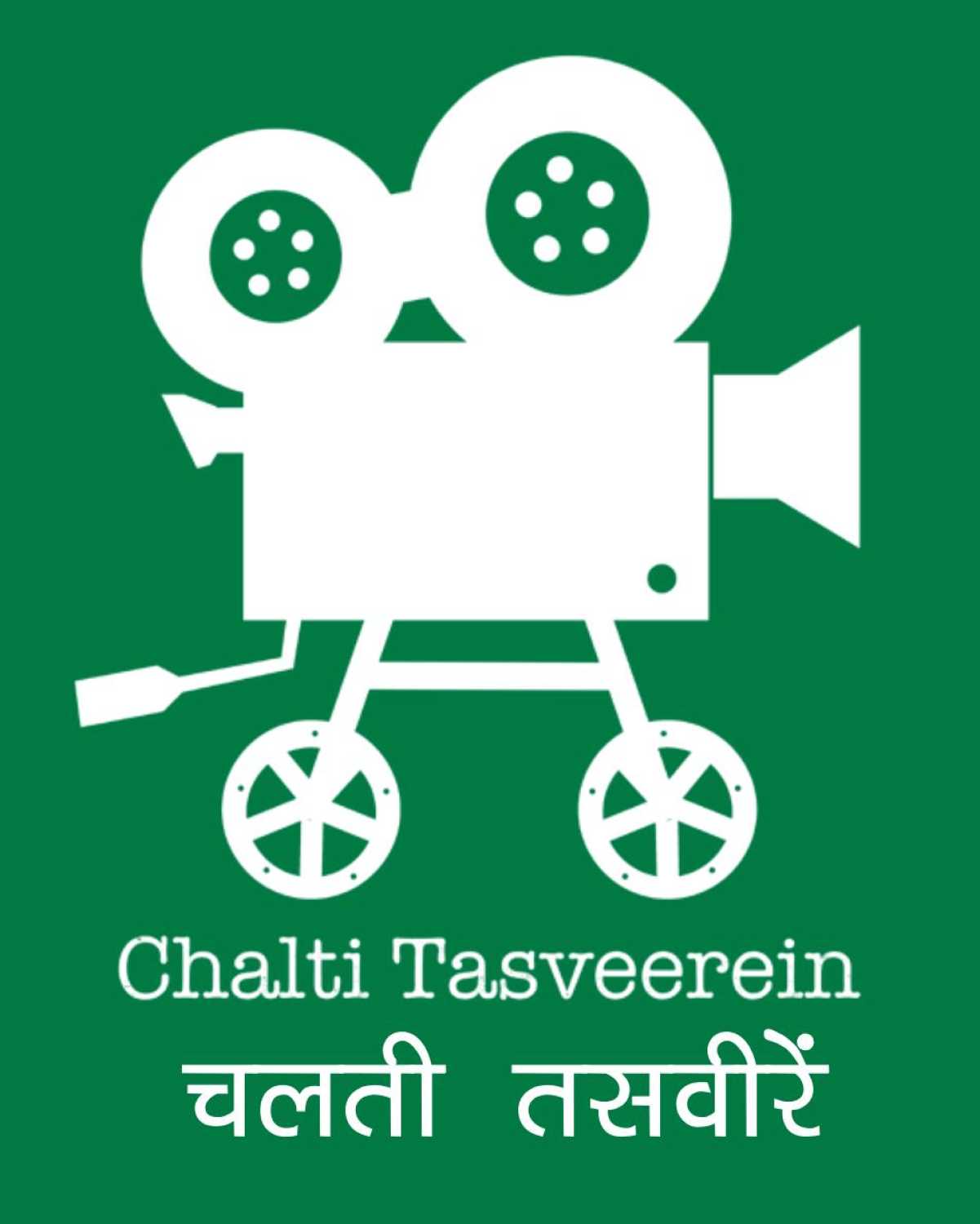The festival, which seeks to free films from conventional platforms so that they can reach out to all kinds of people, is currently in Gujarat.
Chalti Tasveerein: Unique film festival travelling through 7 states
New Delhi - 21 Feb 2018 3:51 IST
Updated : 22 Feb 2018 13:03 IST


Sukhpreet Kahlon
In 1986, the filmmaker John Abraham’s Amma Ariyan was produced by the Odessa Collective initiating the making of a ‘people’s film’. The aim of the collective was to produce and exhibit 'good cinema' which allowed for the active participation of the people.
More than 30 years later, Chalti Tasveerein, or the Travelling Film Festival, has taken inspiration from the moment to begin a 45-day festival that will screen documentaries, feature films and experimental cinema across seven states in North India in February and March 2018.
Documentary filmmaker and media activist Amudhan RP, who is part of the advisory committee for the festival, spoke to Cinestaan.com about the inception of the festival and its objectives.
Pointing out that films get largely restricted to festivals or academic circles, he said, “The idea is to free the films from festivals and conventional platforms so they can reach out to all kinds of people.”
The core belief of Chalti Tasveerein is that film as an art form has great potential to bring people together. Mainstream cinema, television or the internet remain the foremost ways in which people can watch films, but they restrict viewership as well as filmmakers in terms of avenues for screenings.
In response to this, the festival seeks to provide access of cinema to a wider audience in small towns and settlements in cities which rarely has the opportunity to watch works outside the mainstream.
Several filmmakers came together and the festival began to take shape.
Amudhan explained, “Filmmakers from Delhi — Sanjay Kak, Ranjan De, Rahul Roy, Gargi Sen, Saba Dewan, Sanjay Joshi — all have different experiences. So, we started talking to them and they shared their experiences and helped us think through the kind of films that should be shown and we thought through various aspects. Should we show only documentaries, or should we show fiction films as well, should we show serious films or entertaining films as well, etc.”
The formidable collection of 100 films that has a mix of documentaries, animation films, music videos, news videos, basically mixed films, or “sensible films”, as Amudhan describes them, constitutes a holistic programme.
The festival provides the infrastructure needed for screenings and emphasizes the discussions that follow a screening. But what is to be screened will be decided with the local groups, who are active participants and not passive recipients of a curated festival.
The festival also organizes a workshop for local participants to familiarize them with the ways of screening a film and facilitating a discussion.
Talking about the hopes for the festival, Amudhan said, “As a filmmaker, you make a film, that is one form, but that form changes when you screen the film and somebody starts asking questions. So the whole film gets extended.”
Emphasizing the importance of such a festival, Amudhan said, “You need to create free spaces where people can talk and exchange ideas. For me, any film screening is a temporary space and time when people can think and believe as a community and talk and help each other. This community may be created for just the space of the film, but that time is also very important.”
The filmmaker also spoke of the significance of screening spaces. “Modern spaces are very feudal and communalized, so we are going to those ‘feudal’ areas to create spaces for dialogue and engagement with each other so you strengthen local groups who do not believe in caste and communal politics,” he said. Foregrounding the power of art to initiate change, Amudhan said, “Any film can start a process — this is just a beginning.”
The festival is currently travelling through Gujarat and will travel through various towns of Rajasthan to Madhya Pradesh and parts of Uttar Pradesh and be back in Delhi in the middle of March. It will then travel to Uttarakhand and Himachal Pradesh before concluding in the national capital.
Related topics
Chalti Tasveerein

